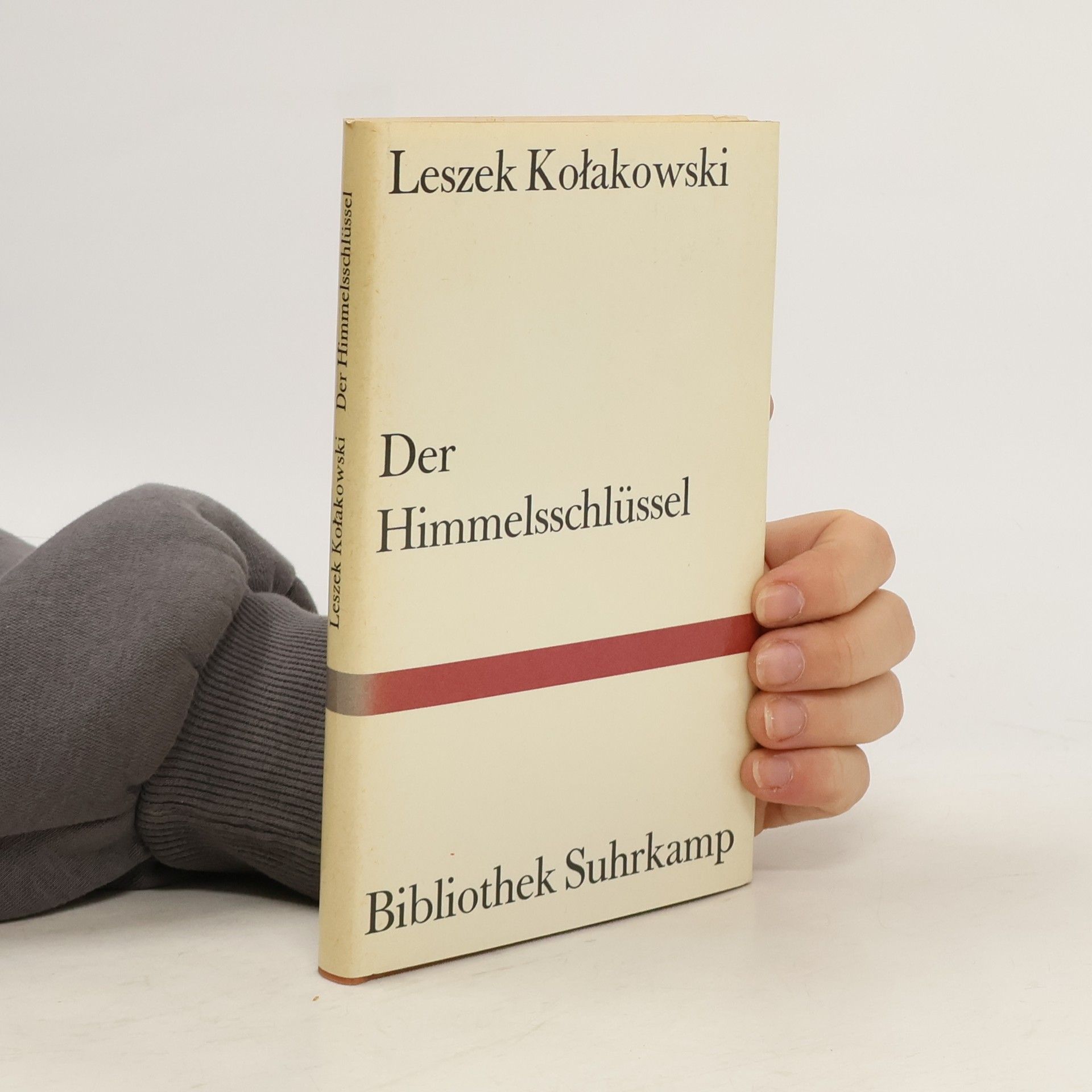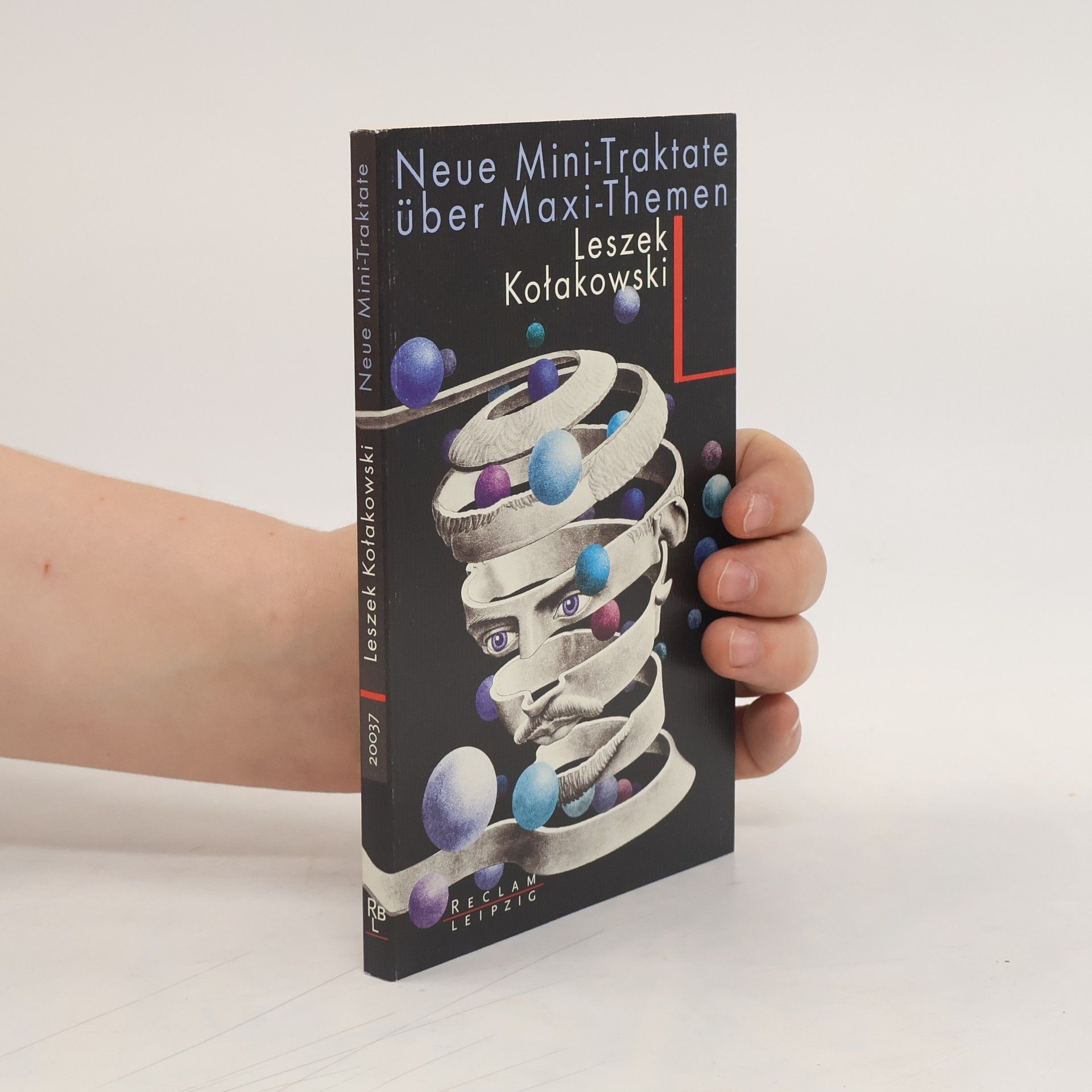Two Eyes of Spinoza and Other Essays
- 320 páginas
- 12 horas de lectura
Known in the English-speaking world mainly as the author of Main Currents of Marxism (1976), and in France as the author of the monumental study Chrétiens sans Eglise (1966), in his Two Eyes of Spinoza and Other Essays on Philosophers Leszek Kolakowski offers the English-speaking reader for the first time a significant selection of his early writings. Originally written in Polish, German, and French, this collection is his first book ever in English on seventeenth-century thought, which subject he has been writing on since "Individual and Infinity: Freedom and Antinomies of Freedom in the Philosophy of Spinoza" was published in 1957. Included in Two Eyes of Spinoza are essays on "The Philosophical Role of the Reformation" and the "Mystical Heresy," on Uriel da Costa, Spinoza, Gassendi, and Pierre Bayle, but also on Freud, Marx, Avenarius, and Heidegger. Also included is Kolakowski's well-known essay "The Priest and the Jester," in which he considers the question of the theological heritage in contemporary thought





